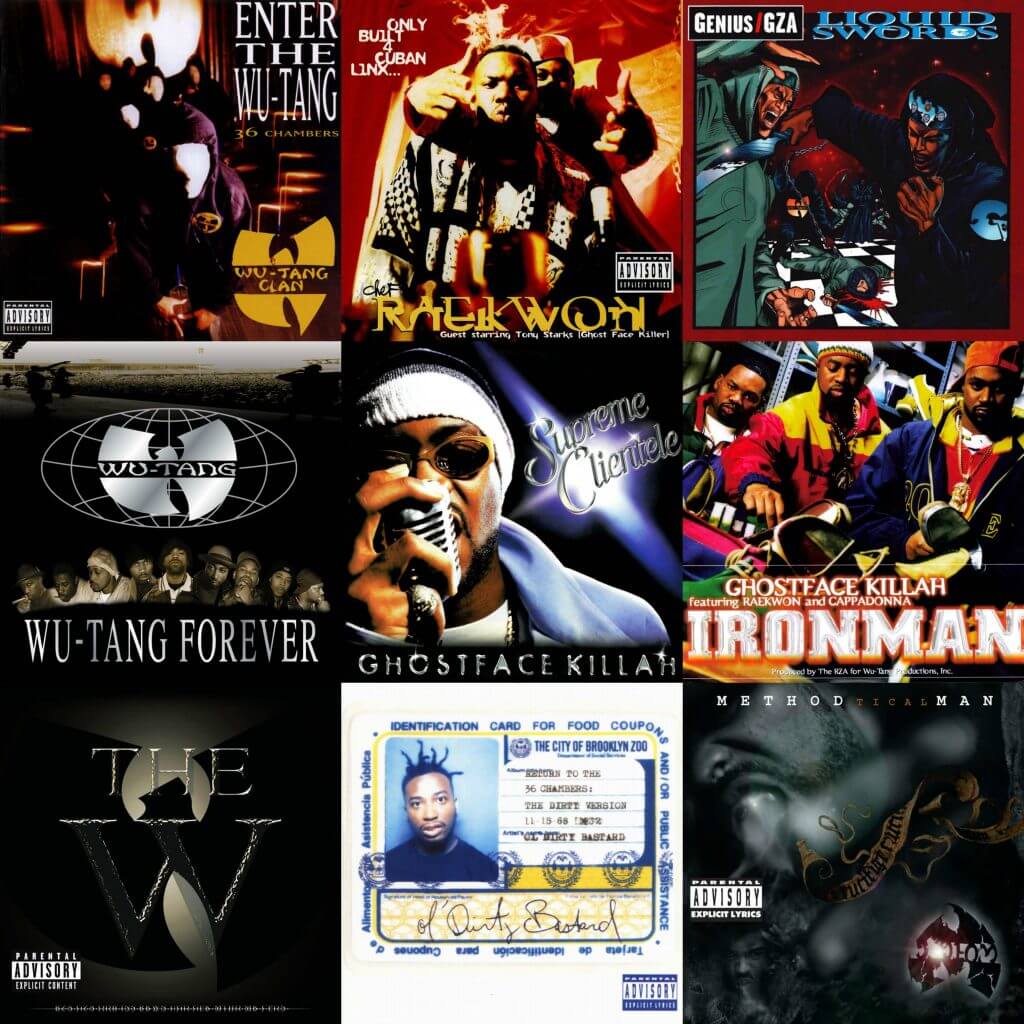
As a well-known Wu-Tang Clan disciple, I was nothing short of overjoyed with the number of articles and retrospectives of the group and its impact on the twentieth anniversary of its debut album, Enter the Wu-Tang (36 Chambers). Some, like Paul Cantor’s piece for Noisey and the staff of Grantland each choosing a member to praise, were outstanding and made me happy to be a longtime fan of Hip Hop’s version of The Beatles. Others, however, missed the mark, specifically Slate.
While the piece regarding the attempt to listen to every track by RZA seems silly to me — mostly because I am absolutely positive I’ve heard everything by both the Clan and RZA himself many times over — but the one that really raised my eyebrows (and had multiple people tweeting me), was the one in which the author attempted to rank the top twenty Wu-Tang Clan group and solo albums of all time. As a person that appreciates the making of a list or two to put the history of Hip Hop into context, it was an admirable effort and, again, I love how much love is being heaped upon the Wu.
Unfortunately, that list is all sorts of wrong. The top twenty Wu albums list for Complex, also ranked and written by Cantor, is far better, but I had some disagreements, most notably what was eligible for inclusion. So, naturally, I decided to make my own top 20 list of Wu-Tang albums. Before we start, a few ground rules:
- Cappadonna is not included. Though he is now considered a member of the group, he is not one of the original nine and, being a traditionalist, I will never consider him an actual Wu member. Sorry, Cappa.
- Wu-Affiliates are not included. In addition to Cappadonna, this includes Sunz of Man, Killarmy, Shyheim, Cilvaringz, Killah Priest, or anyone else listed here. Affiliate is different than member.
- Posthumous projects, specifically Ol’ Dirty Bastard‘s A Son Unique, are not eligible.
- Only 100% Wu-Tang projects qualify. In Hip Hop this can mean a variety of things, but for the purposes of this list, it means any albums with artists from outside the Clan are not eligible. This includes Gravediggaz, Redman & Method Man’s Blackout albums and Ghostface Killah’s & Sheek Louch’s Wu Block. However, it would include Wu-Massacre, which is a collaborative effort between Raekwon, Method Man, and Ghostface Killah, three charter members. The question then becomes, what about a Wu-Tang MC doing an entire project with a non-Wu producer, specifically GZA and DJ Muggs’s Grandmasters or Ghostface and Adrian Younge’s Twelve Reasons to Die? I went back and forth on this one, but ultimately decided that they should be included, if only because it is a new phenomenon. In the early-to-mid ‘90s, when Enter the Wu-Tang (36 Chambers) was released, producers were not given top-billing credit, even if there was only one beatmaker. Doggystyle wasn’t listed as a Snoop Doggy Dogg and Dr. Dre album and Tical wasn’t by Method Man and RZA.
Using these parameters, the total number of albums considered is 48 [6 group albums, 10 by Ghostface, 4 by Method Man, 2 by ODB, 5 by GZA, 5 by Raekwon, 4 by U-God, 4 by RZA, 3 by Masta Killa, 4 by Inspectah Deck, and 1 by Meth/Ghost/Rae].
Without further ado, let’s get into it.
20. 4:21…The Day After — Method Man [2006]
Method Man wanted RZA to produce the entirety of 4:21, but he only had time to contribute about half of the beats, so the album is only half good. That half is quite good, though, and is enough to counterbalance Meth’s lackluster performances on beasts by Scott Storch and Kwamé.
19. Shaolin vs. Wu-Tang — Raekwon [2011]
Although they had collaborated for Cuban Linx…Pt. II, Raekwon and RZA have not seen eye-to-eye for several years, dating back to the group’s 2007 album 8 Diagrams, an album from which Raekwon distanced himself immediately and announced that the Clan minus RZA would create their own Wu-Tang album called Shaolin vs. Wu-Tang to illustrate the group’s internal strife. The group project became a solo album with beats from other producers that sounded like they came from the early ‘90s, and while parts of the album knock, Rae could have benefited from the input of someone else (he executive produced the album himself). It’s a decent effort, but in trying to prove how much he doesn’t need RZA, Rae actually proved the opposite.
18. Twelve Reasons to Die — Ghostface Killah (and Adrian Younge) [2013]
Twenty years after his group’s debut, Ghostface put the mask back on for a concept album produced by Adrian Younge and executive produced by RZA. Over-the-top in its violence and black humor, faithful throughout to its storyline, and coming in at lean 40 minutes, it achieves its goal of paying homage to a comic book and never leaving the listener bored.
17. The Pretty Toney Album — Ghostface Killah [2004]
His first album for Def Jam, Ghostface dropped the ‘Killah’ from his name on this album. Fortunately, the music largely remained the same. Excluding the horrible reach for radio play, “Tush” featuring Missy, this is typical GFK, with outlandish story rhymes, memories of growing up impoverished, and non-sequiturs piled on top of soul samples to create a sum greater than its parts.
16. No Said Date — Masta Killa [2004]
By 2004, the idea of a Clan solo album featuring all nine members over a backdrop of atmospheric beats that were reminiscent of 36 Chambers seemed impossible. However, Masta Killa made it happen. While No Said Date doesn’t belong alongside GZA’s or Raekwon’s Wu solos, it does deserve its own place in the group’s pantheon. While Killa doesn’t have the same presence on the mic as his brethren, his album, which was largely self-produced, features very few missteps and puts his groupmates, including ODB in his final appearance, in a position to thrive. Probably the most slept-on Wu-Tang album.
15. Iron Flag — Wu-Tang Clan [2001]
By Iron Flag, it was obvious that all of the Wu members were no longer on the same page. A schizophrenic effort, some songs sound out of place — the Wu-affiliate featured “Chrome Wheels,” Flavor Flav’s chorus on “Soul Power (Black Jungle),” and the Trackmasters-produced, Ron Isley-featured “Back in the Game” — while others sound just as good as anything that’s ever been released under the Clan banner — “Y’all Been Warned,” “Radioactive (Four Assassins),” and “Iron Flag.” The good only barely outweighs the bad, but considering the lack of cohesion in recent years and compared to 8 Diagrams, Iron Flag is better than you remember.
14. Tical 2000: Judgement Day — Method Man [1998]
A project full of highs and lows, had Method Man’s sophomore album included only the highs, it would have been a classic. Plagued by far too many songs, too many skits, and a few too many guests, Tical 2000 still holds some of the best post-Forever music this side of Supreme Clienetele, allowing Meth to showcase his range and display his full personality. If iTunes playlists had been around in 1998, most fans would have made a 15 track Tical 2 album that would be far higher on this list.
13. Uncontrolled Substance — Inspectah Deck [1999]
Deck’s debut was originally slated to drop in the first round of Wu solos, but the entire album was lost in a flood that destroyed RZA’s basement studio, ruining over 100 beats. Deck had to wait until 1999 to shine and by then a bit of the luster had worn off the Clan logo. Still, the album is strong, with Deck carrying much of the production that ranges from banging to boring.
12. Grandmasters — GZA (and DJ Muggs) [2005]
Along with Kung Fu, chess has always played a key role in the development of the Wu-Tang Clan and its members, so when the group’s most lyrical MC linked up with Cypress Hill’s producer, it was only natural that the album was presented as a chess match between the two. Grandmasters gets the nod over GZA’s other non-Liquid Swords projects because Muggs doesn’t let the beats become bland or repetitive, keeping the sounds original, preventing Genius from becoming complacent.
11. Only Built 4 Cuban Linx…Pt. II — Raekwon [2009]
Rumored for almost a decade with all sorts of conflicting reports — Busta Rhymes is executive producing, RZA isn’t contributing at all, RZA is producing the whole thing, Inspectah Deck will be the “co-star,” Dr. Dre is executive producing — and dismissed as impossible before anyone heard a song, OB4CL2 somehow lived up to the hype as Raekwon delivered an album that was just a small notch below its predecessor, recreating the original’s vibe while also updating it. New Wu indeed.
10. Fishscale — Ghostface Killah [2006]
I would argue that Ghostface is the best storyteller in the Clan and his tales on Fishscale are nothing short of epic. Injecting bleak imagery with humor and absurdity over plush, soulful beats while keeping the energy high throughout, Ghost crafted an album that, while a bit bloated, takes the best of the late ‘80s and early ‘90s and created a mid-‘00s banger.
9. Return to the 36 Chambers: The Dirty Version — Ol’ Dirty Bastard [1995]
ODB’s debut is all over the place. Recorded over several years, there are a couple verses that are repeated, songs that pre-date 36 Chambers, and rhymes that meander on- and off-beat. Somehow, though, Dirty makes it all work with his infectious personality and his chemistry with RZA’s beats.
8. Tical — Method Man [1994]
The first Clansman to release a solo album, Method Man was the undisputed star of the group. Charismatic in live shows and funny in interviews, Meth’s debut is dark and murky, giving the entire album of sense of impending doom. With “Bring the Pain” and “All I Need,” Meth proved he could appeal to both sexes without losing credibility.
7. The W — Wu-Tang Clan [2000]
Though they were able to follow-up 36 Chambers, trying to match Wu-Tang Forever would have been an exercise in futility. Instead, RZA and co. circled back towards the beginning, releasing a group album that was lean and gritty, different from most of the music at that time (including many of the Wu solos). Though not a perfect album — a few songs fall flat and the inclusion of Snoop Dogg and Busta Rhymes interrupts the disc’s vibe — much of it is vintage Wu, with complex lyricism over stripped-down beats that have only gotten better with time.
6. Ironman — Ghostface Killah [1996]
On the opposite spectrum from Liquid Swords, Ghost’s first solo disc was filled with emotion and honesty, from complaining to getting “jerked at the Source Awards” to remembering picking roaches out of cereal boxes. One of the lesser-known members of the group for the first few years, Ghostface took off the mask and let the rest of the world into his world.
5. Supreme Clientele — Ghostface Killah [2000]
After the release of Wu-Tang Forever and the completion of RZA’s “five-year plan,” the Wu solos were more abundant, but, sadly, less impressive. Throughout much of the ‘00s, Ghostface carried the Clan on his back and that trend began with his sophomore disc. Featuring more input from RZA (who served as executive producer) than the other members’ albums, Supreme Clientele felt like a Wu-Tang album and disproved the theory that the group was dead.
4. Wu-Tang Forever — Wu-Tang Clan [1997]
Sprawling, ambitious, and sonically polished, the Wu’s second group album was one of the most anticipated Hip Hop albums in history, one that held little resemblance to its debut. Battle rhymes and brag raps had been replaced with Five Percent teachings and vivid imagery, but different is not always bad. 36 Chambers was like a rough cut student film while Wu-Tang Forever was the completed masterpiece. Some (such as myself) prefer this album over the first, but both are classics.
3. Liquid Swords — GZA [1995]
A lyrically dense album released in the winter, Liquid Swords feels coldly efficient. GZA’s rhymes penetrate to the core but his voice and cadence rarely rise as he observes both the dreariness of life and the vapidity of most other hip-hop artists while RZA’s beats make you want to reach for the thermostat in your car regardless of the time of year. The double header of “4th Chamber” and “Shadowboxin’” is in the running for best back-to-back songs in the entire Wu catalog.
2. Only Built 4 Cuban Linx… — Raekwon [1995]
Rarely have beats, rhymes, concepts, and execution come together so perfectly. A loose-knit storyline weaves throughout, but the strength of OB4CL is RZA’s production and Rae and Ghostface’s ability to illustrate both the good and bad of street life. Of course, songs like “Criminology” and “Wu Gambinos” don’t hurt either.
1. Enter the Wu-Tang (36 Chambers) — Wu-Tang Clan [1993]
The one that started it all. While it is not as musically advanced as other albums, especially Wu-Tang Forever, it is not only the start of the Wu empire, but also the first step in the renaissance of New York Hip Hop that would occur over the next few years. Like nothing that had ever been heard before, it is still amazing twenty years later.
I went back and forth on the placing and order of many of these albums, particularly numbers eleven through twenty, and I realized in my second draft that much of my commentary was basically RZA = good; no RZA = bad. While this is simplistic, I stand by the general idea of it. Besides, history supports me. The Wu-Tang projects of which RZA has been either producer or executive producer are far superior to those in which he had zero input. (If you don’t believe me, compare Raekwon’s sophomore album Immobilarity to Supreme Clientele.)
The Wu-Tang saga is like nothing in American music, before or since, and the legacy and influence of the group and its members will continue to be felt for another twenty years.
Originally published on ChristopherPierznik.com.
Christopher Pierznik is the author of seven books, all of which can be purchased in Paperback, Kindle. He has written for a variety of other sites and works in finance. You can like his Facebook page here and follow him on Twitter here.
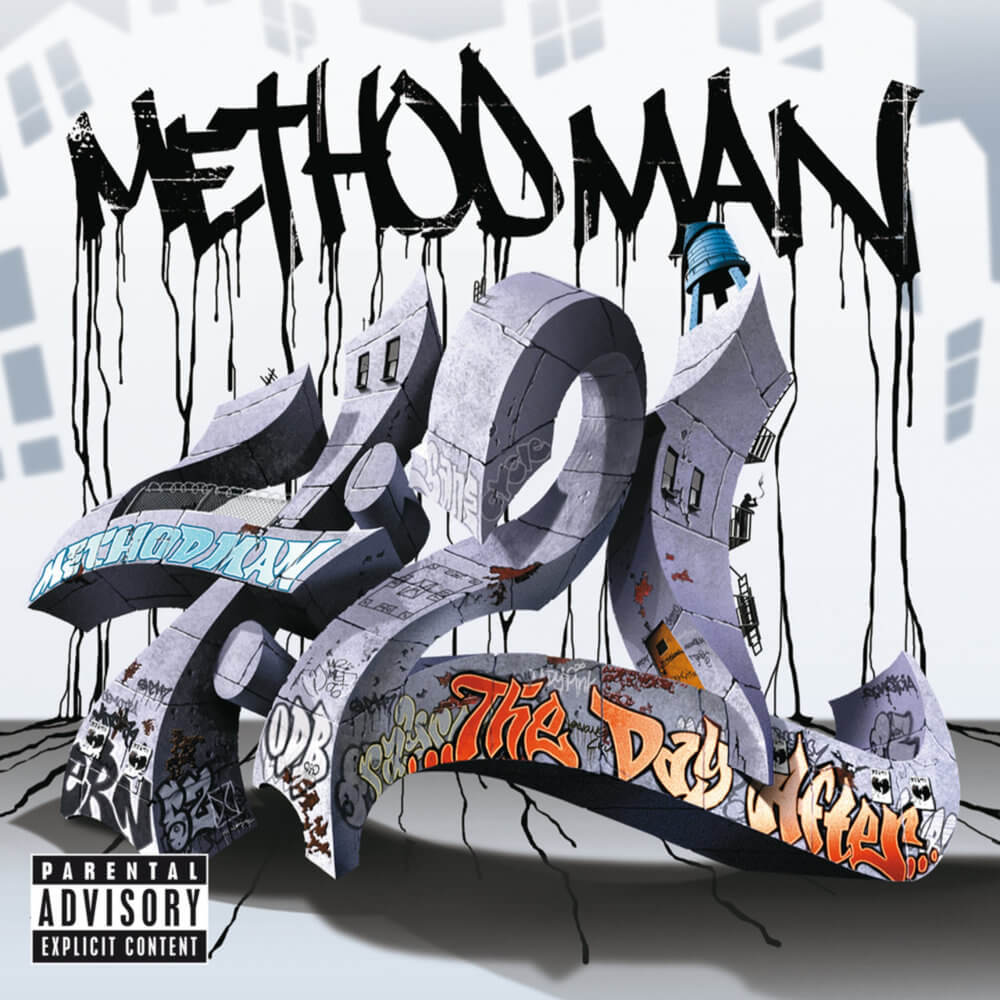
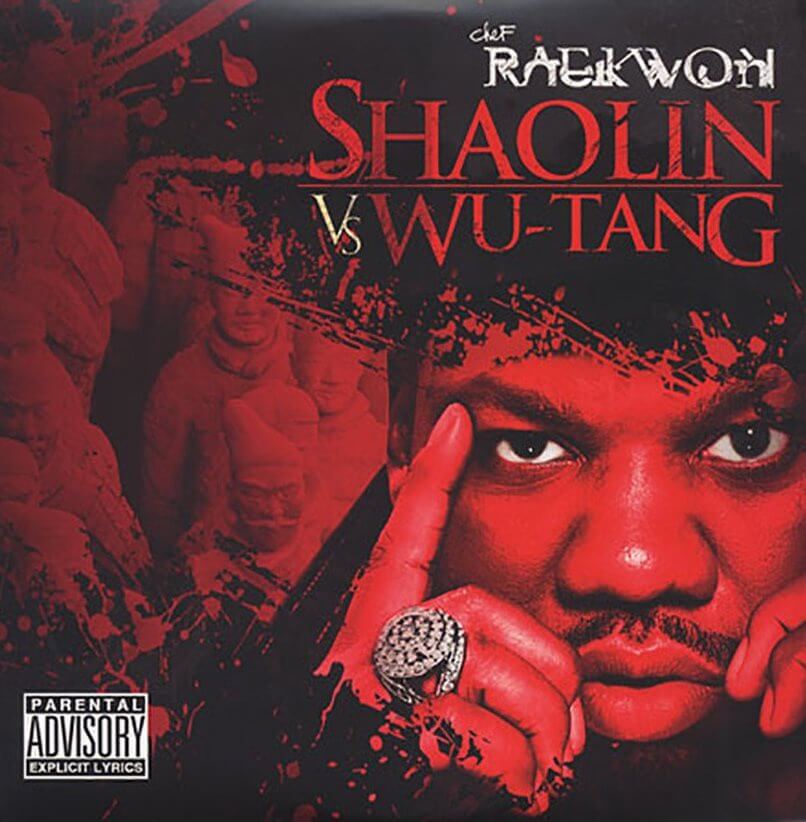
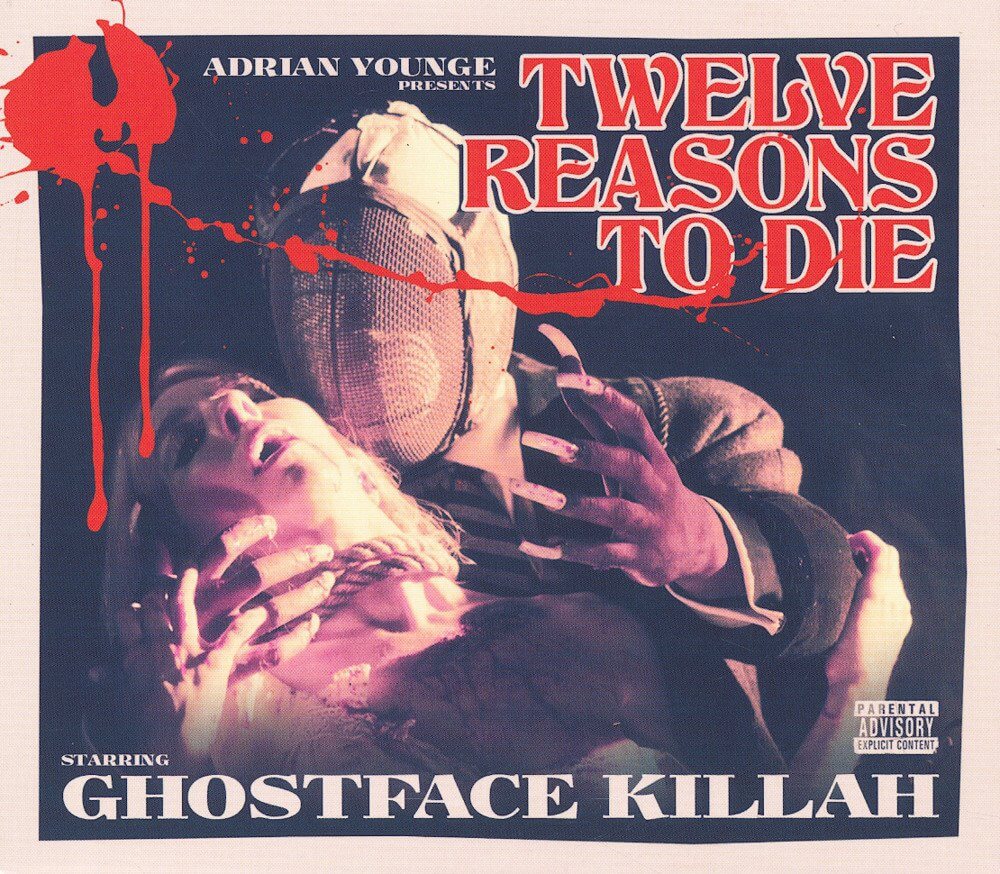

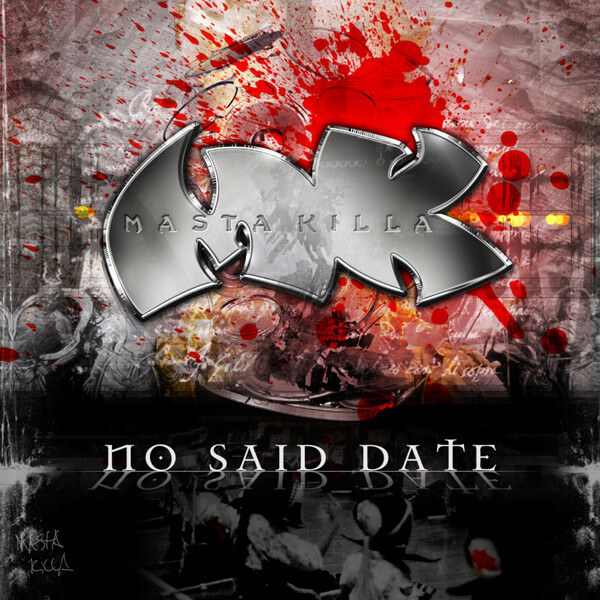
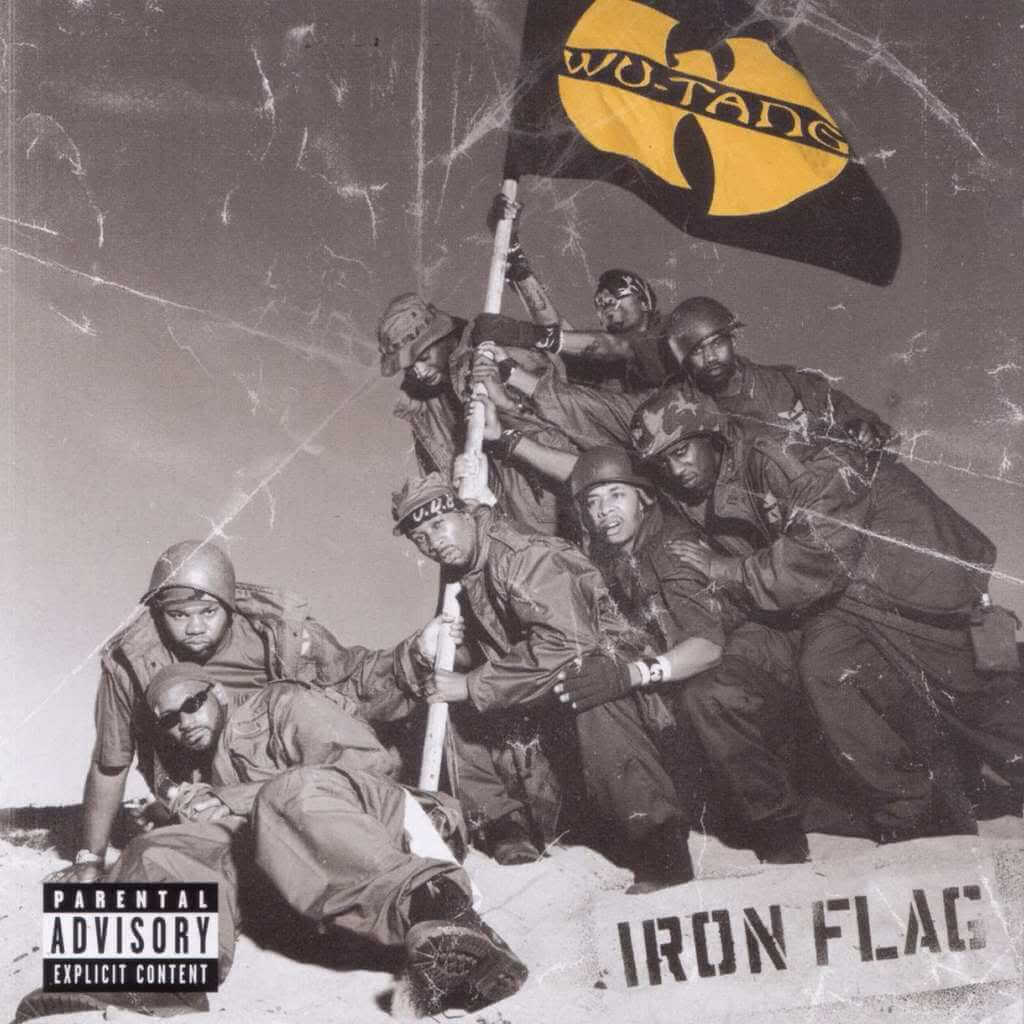
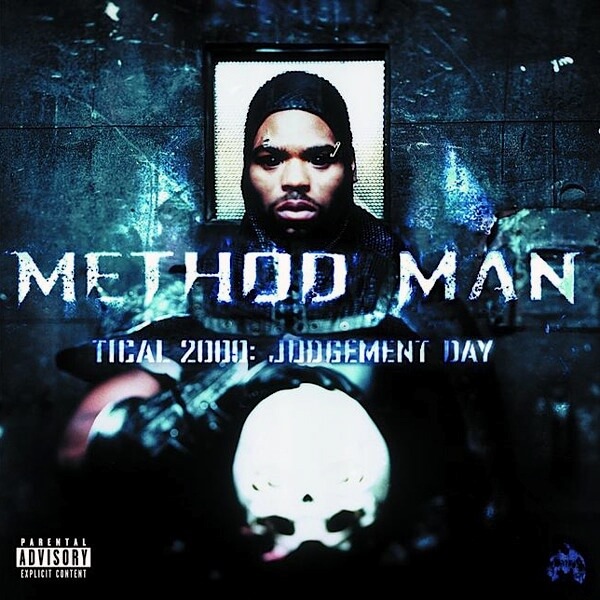
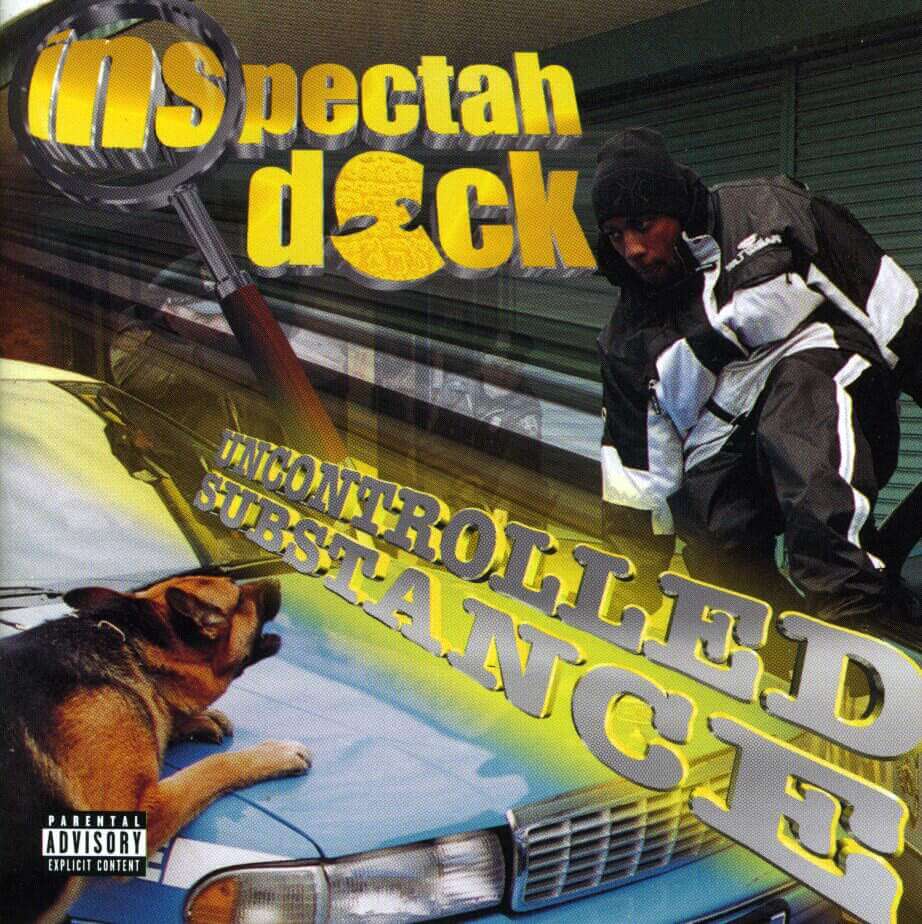
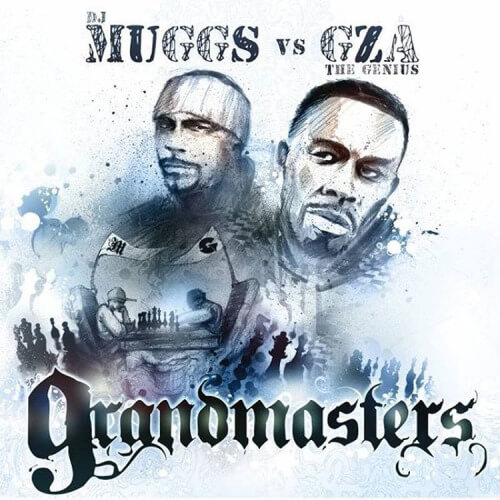
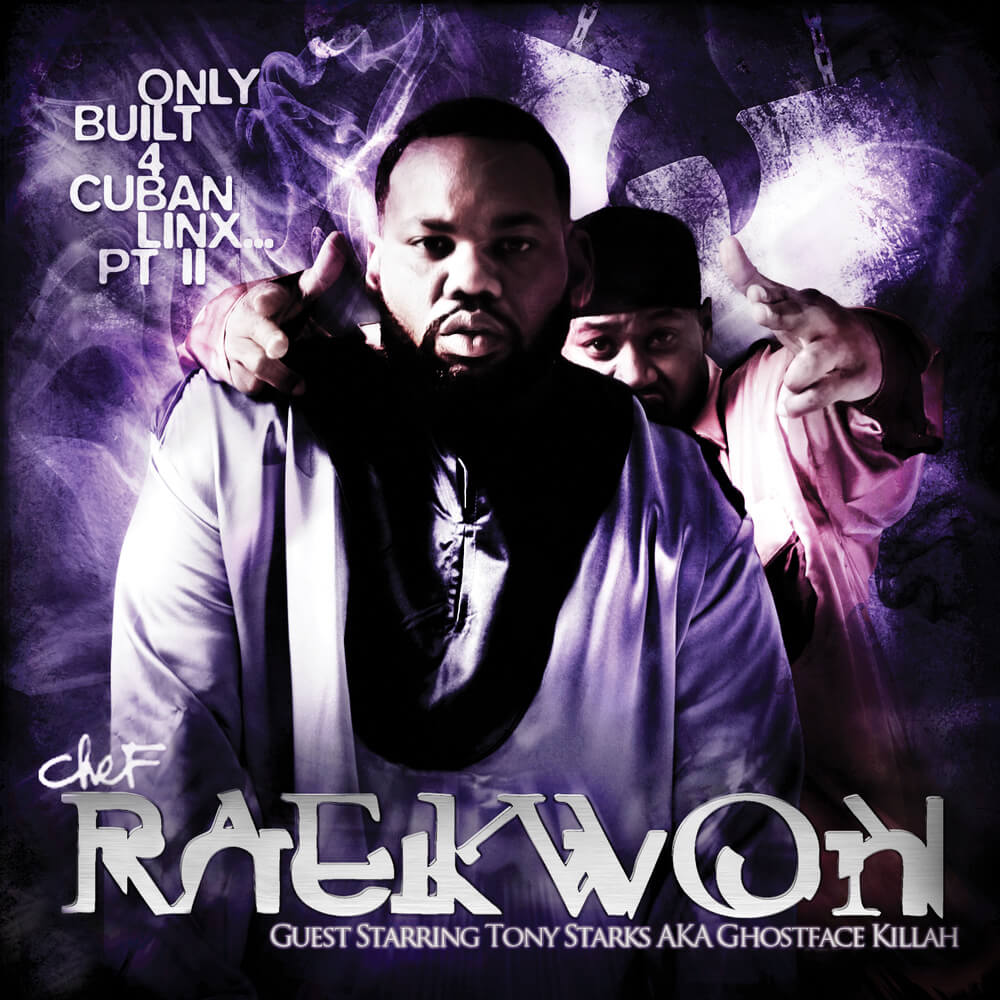
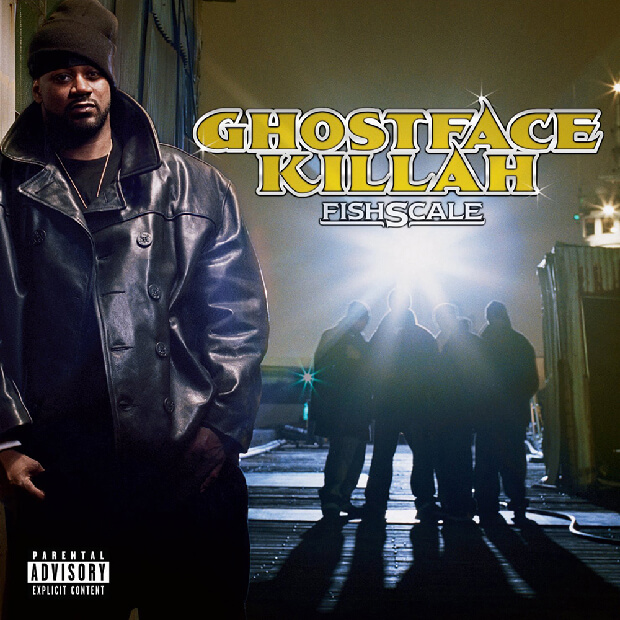
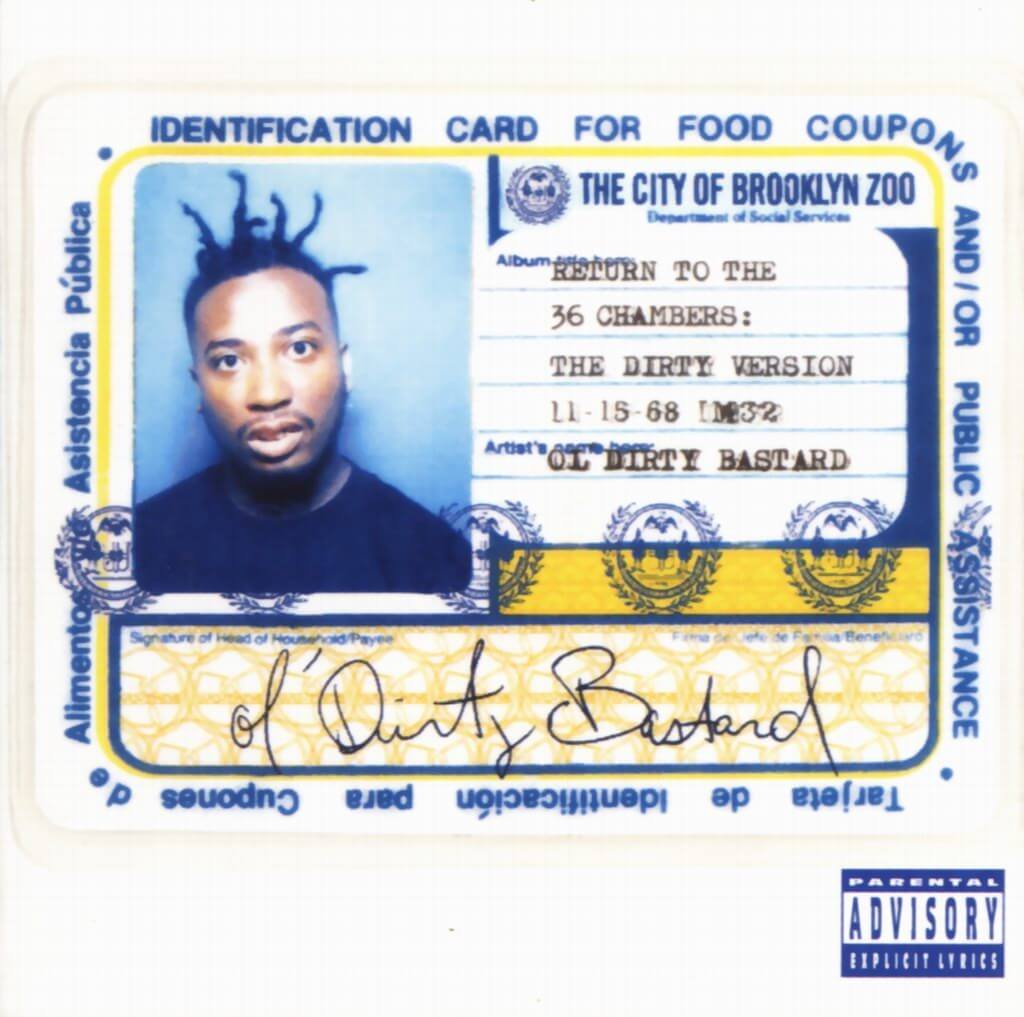
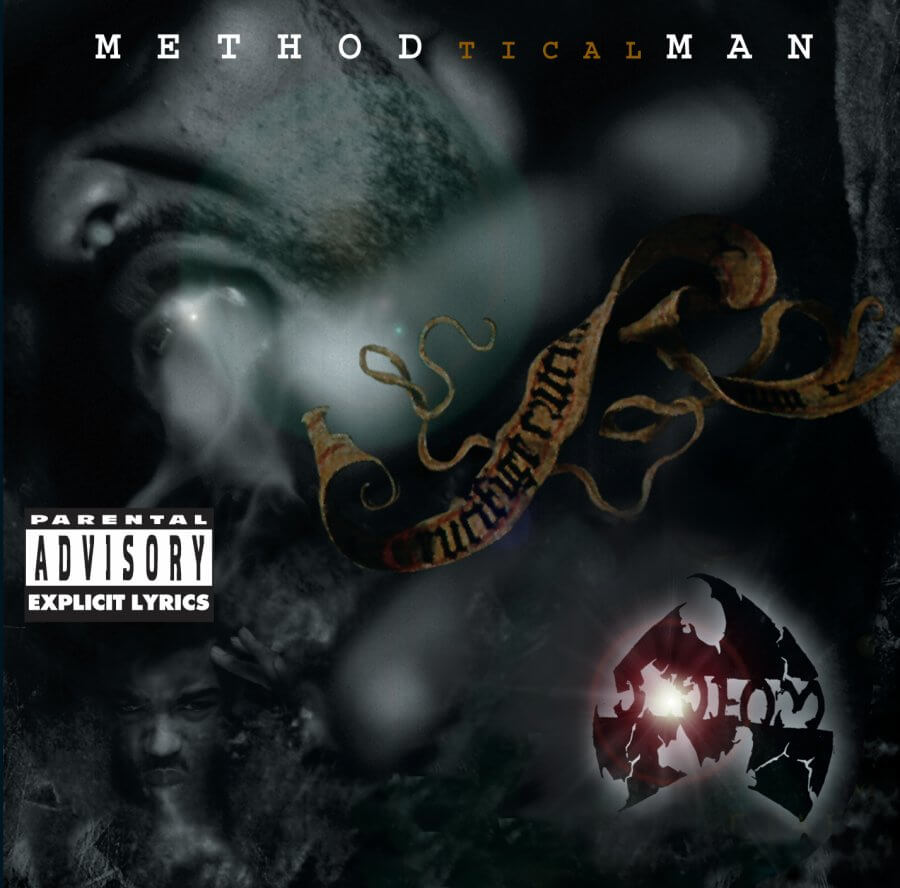
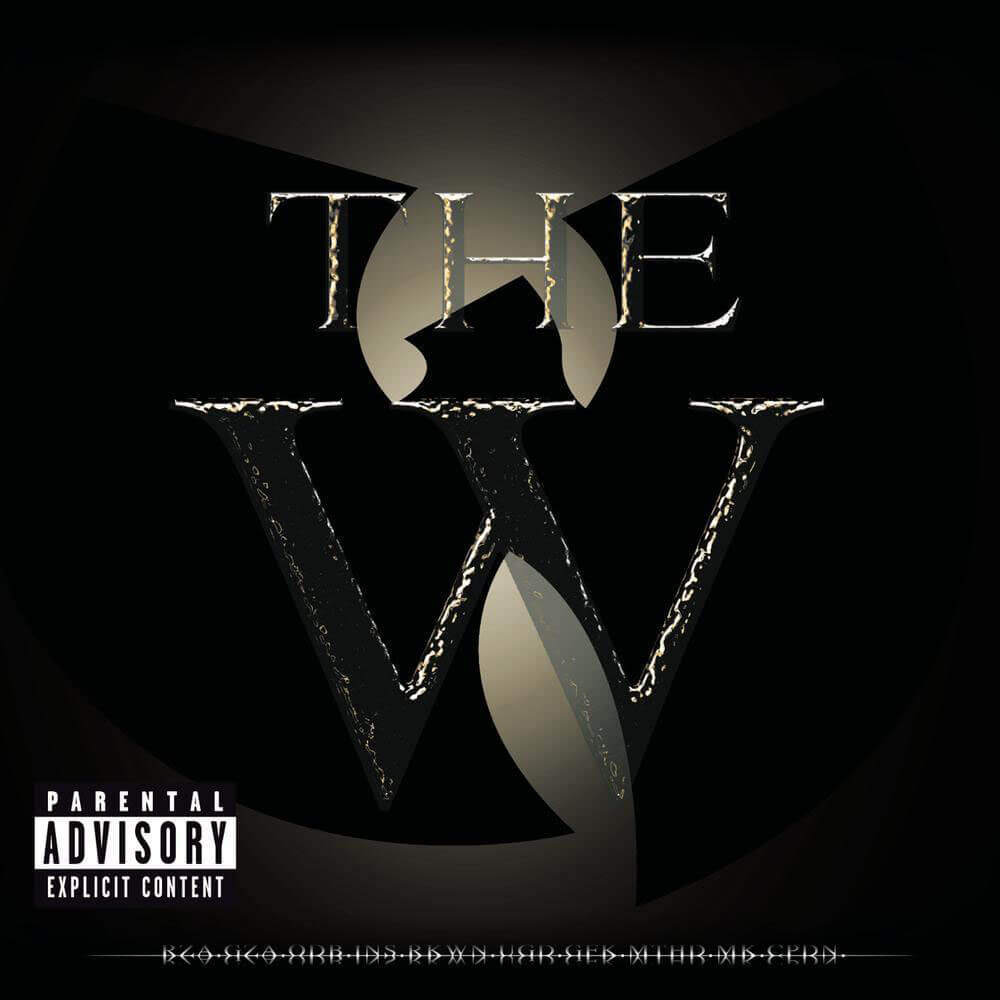
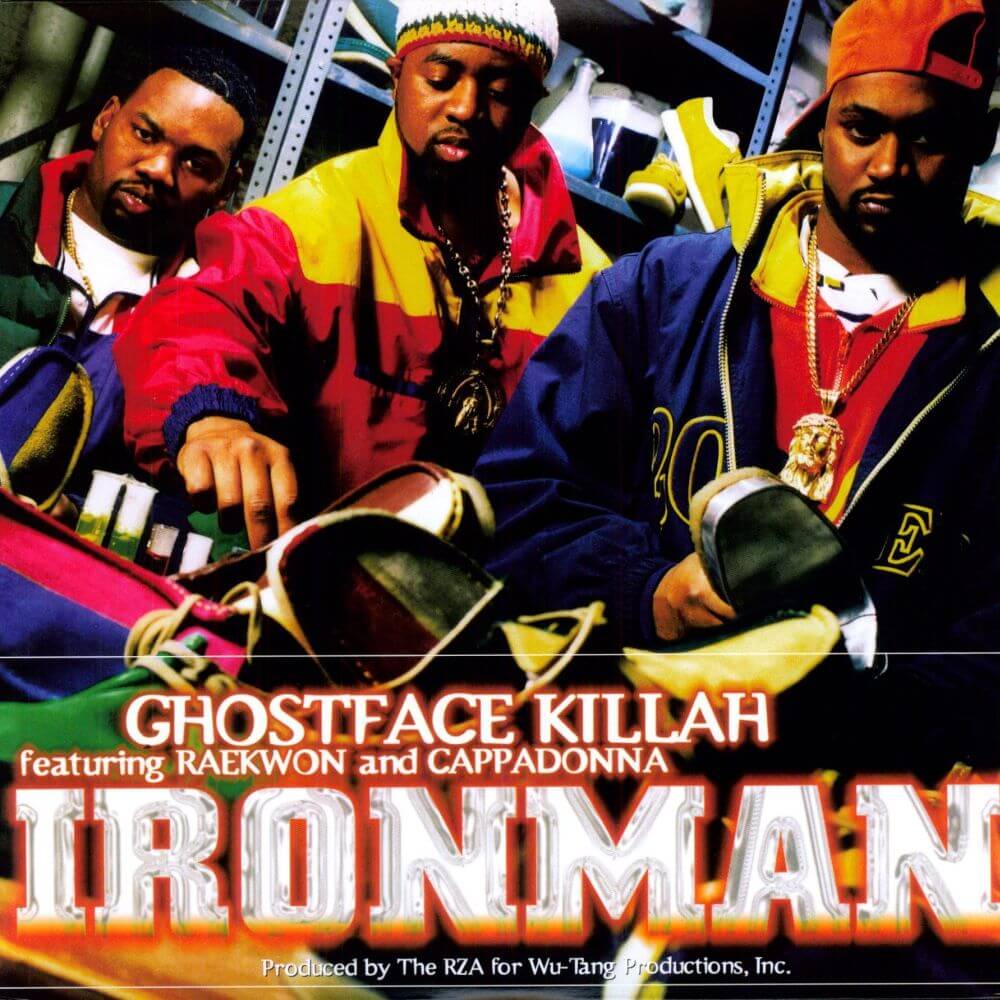
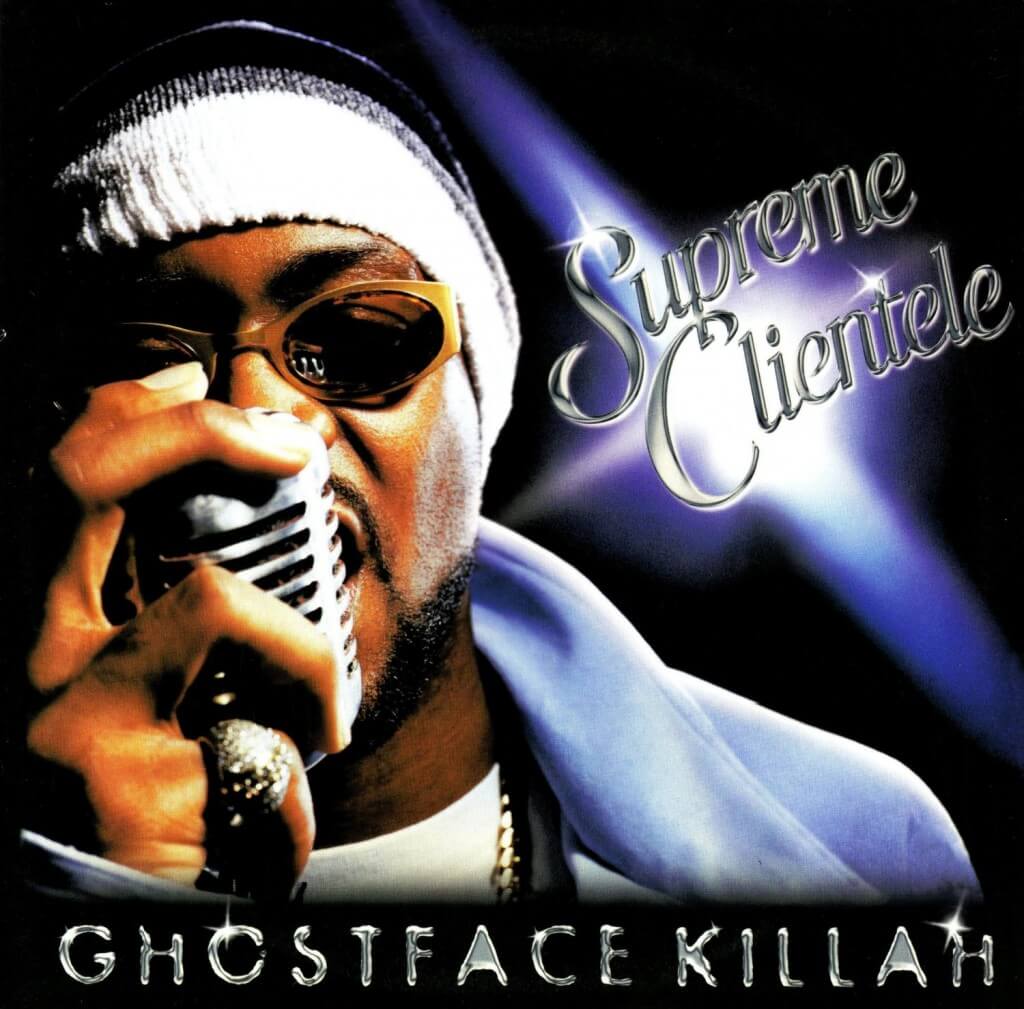
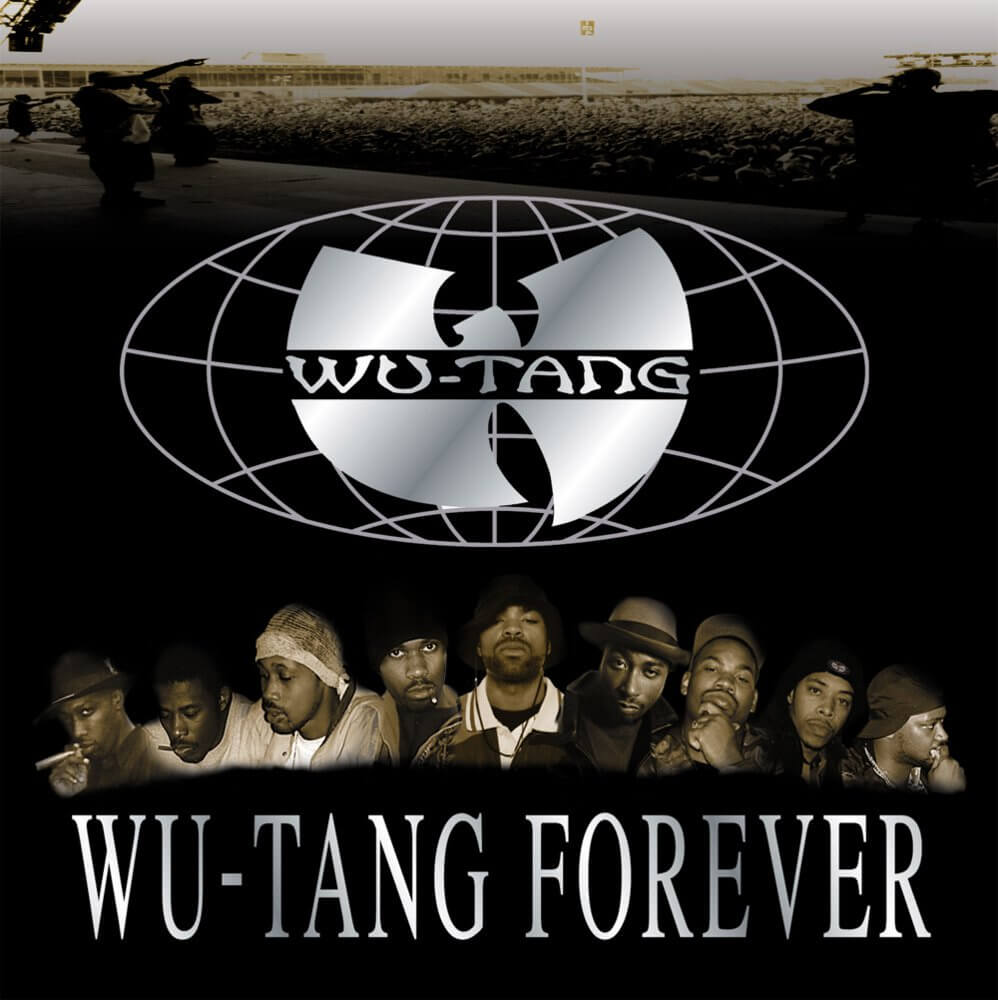
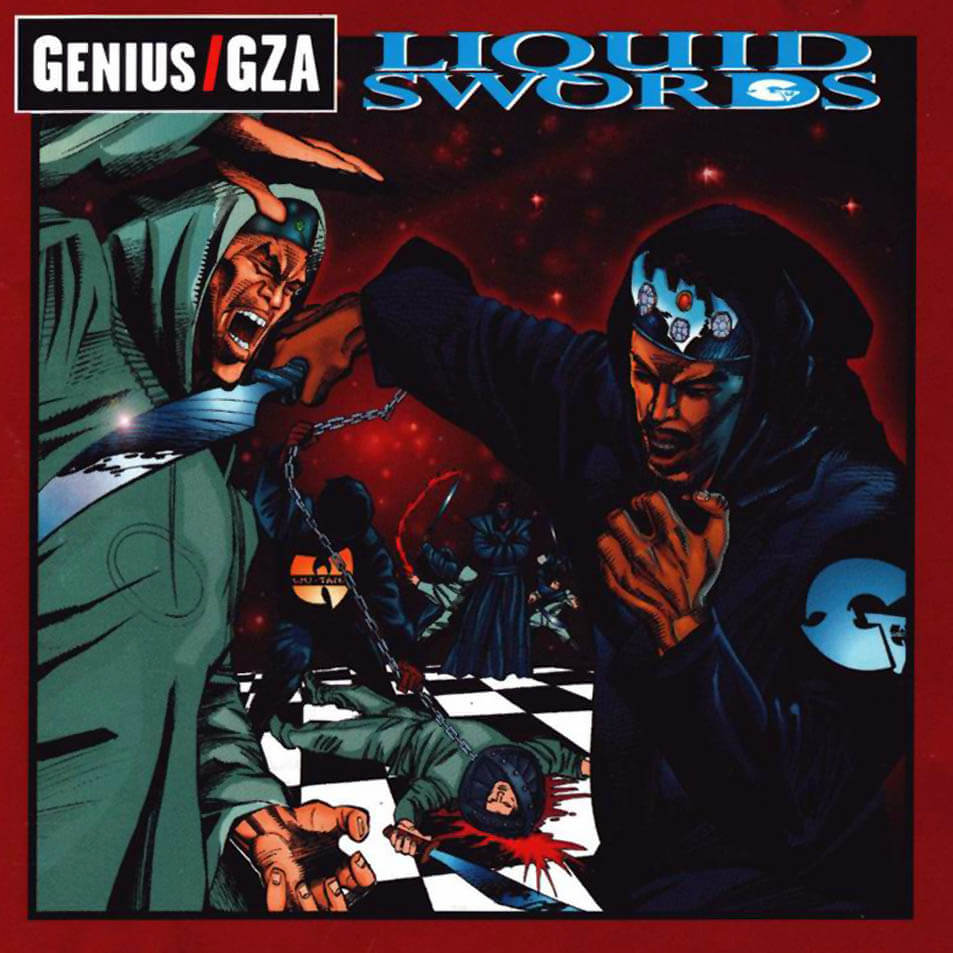
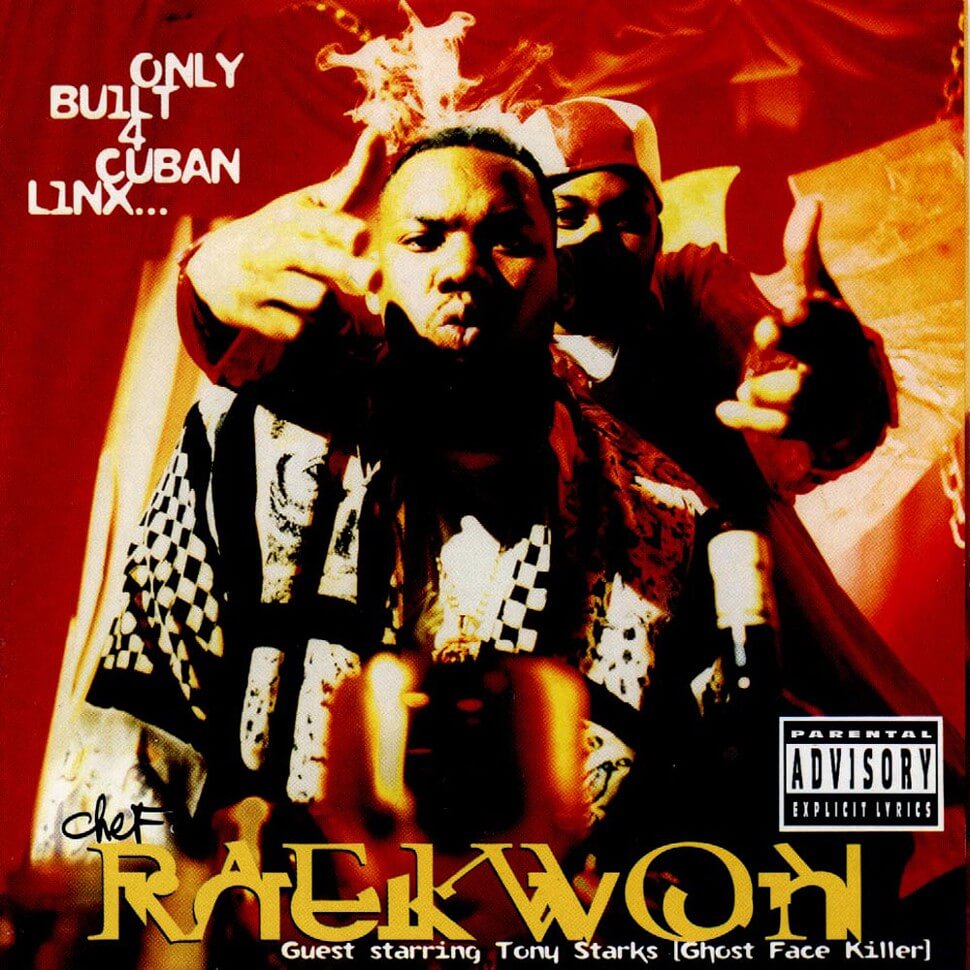
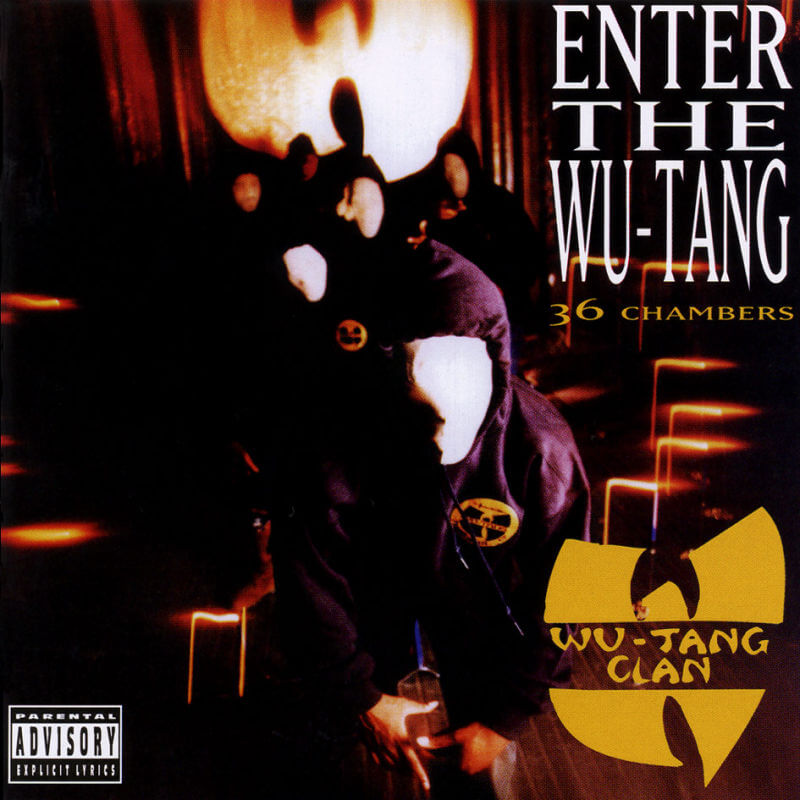
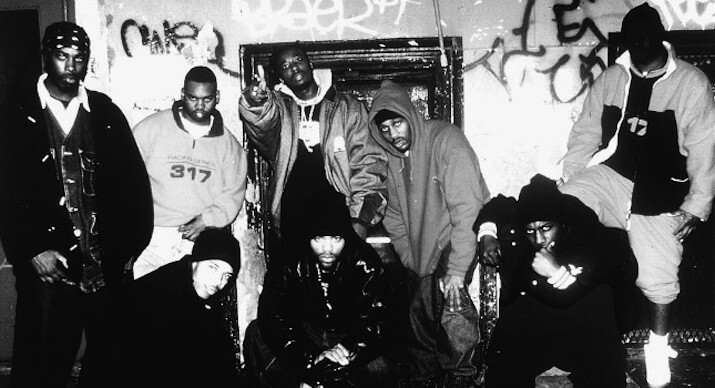
Liquid Swords is neck and neck with 36 Chambers, it’s never gonna be number 1 but it’s the closest. OB4CL is epic, but LS is that Illmatic level greatness.